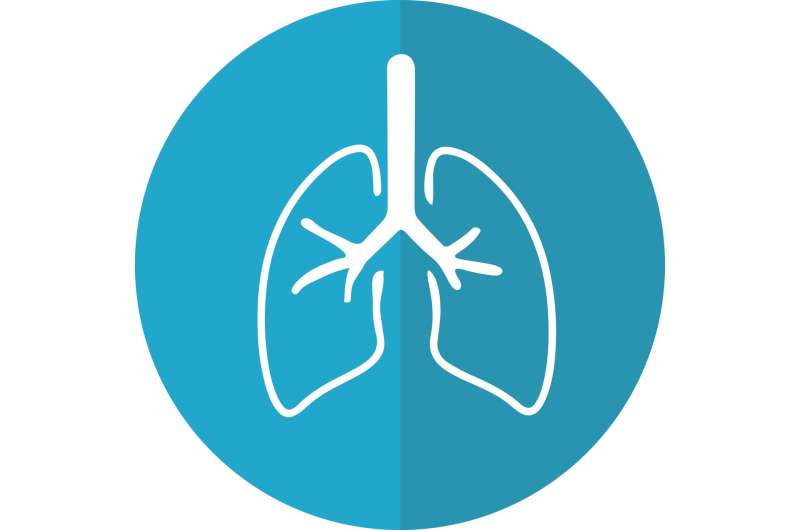Breakthrough in Neural Pathway Discovery Offers New Hope for Alcohol Use Disorder Treatment

Discover how recent research finding a neural pathway involving prefrontal dopamine offers new potential for innovative treatments for alcohol use disorder. The study highlights tolcapone's role in enhancing self-control and reducing alcohol intake.
Recent research has unveiled a promising new approach to treating alcohol use disorder (AUD) by targeting specific brain circuits involved in self-control. A study published in Biological Psychiatry: Cognitive Neuroscience and Neuroimaging highlights how the drug tolcapone, which enhances dopamine levels in the prefrontal cortex (PFC), can improve inhibitory control—a key function often impaired in individuals with AUD. In the study, 64 participants with AUD received either tolcapone or a placebo over eight days. During a behavioral control task combined with functional neuroimaging (fMRI), those who took tolcapone showed increased activity in the inferior frontal gyrus, an area critical for response inhibition. This heightened activity correlated with better self-control and reduced alcohol consumption. These findings underscore the potential of medications that boost prefrontal dopamine to serve as effective treatments for AUD by restoring impaired inhibitory control. The research opens avenues for developing targeted therapies that address the neurobiological underpinnings of compulsive drinking, moving beyond traditional craving-focused treatments. Lead researcher Drew E. Winters noted that the association between enhanced brain activity and decreased alcohol intake validates the importance of focusing on brain circuits responsible for self-control. The study paves the way for future investigations into cortical dopamine modulators as promising options for managing AUD, a disorder that currently lacks highly effective pharmacological solutions.
Stay Updated with Mia's Feed
Get the latest health & wellness insights delivered straight to your inbox.
Related Articles
Rising Cholera Cases in Darfur as Death Toll Surpasses 3,000 Amid Sudanese Conflict
Sudan faces a severe cholera outbreak with over 12,700 cases and 358 deaths amid ongoing conflict in Darfur, threatening thousands of lives and challenging health services across the country.
Noninvasive Brain Stimulation Shows Promise in Enhancing Cognitive Flexibility in Autism Spectrum Disorder
A groundbreaking study reveals that noninvasive brain stimulation may enhance cognitive flexibility in individuals with autism spectrum disorder by targeting neural rigidity, with lasting behavioral improvements.
Promising Results for BMS-986504 in Treating MTAP-Deleted Non-Small Cell Lung Cancer
Clinical trials reveal promising and durable responses of BMS-986504 in treating MTAP-deleted NSCLC, including in patients with EGFR and ALK alterations, paving the way for personalized lung cancer therapies.
Using AI to Restore Speech in Paralyzed Stroke Survivor After 18 Years
Scientists have used AI-driven brain-computer interface technology to help a stroke survivor regain her ability to speak after 18 years of paralysis, marking a major step in neuroprosthetic advancements.



